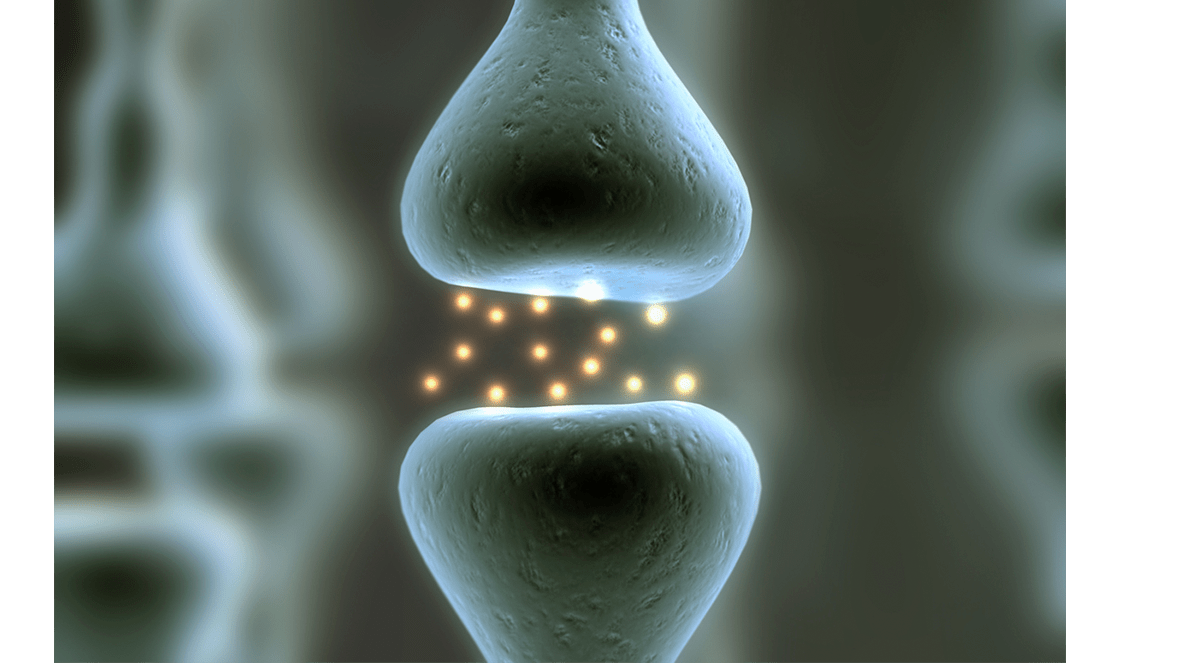Contemporary research indicates the role of neuroinflammation/inflammatory markers in epilepsy. In addition, comorbidities such as anxiety and poor health-related quality of life are vital concerns in clinical care of pediatric patients with epilepsy. This open-label, prospective, observational study evaluated the effect of valproate and add-on levetiracetam on serum levels of C-C motif ligand 2 (CCL2) and Interleukin-1 beta (IL-1β) in pediatric patients with epilepsy. We also studied effect of valproate and add-on levetiracetam on anxiety and health-related quality of life (HRQoL) in specified age subgroups.
Children aged 1 to 12 years, diagnosed with epilepsy (generalized or focal seizures), treated with valproate (n = 40) and valproate with add-on levetiracetam (n = 40) were included. All patients were followed up for 16 weeks and assessed for changes in serum CCL2 and IL-1β levels. Spence Children Anxiety Scale short version (SCAS-S) and QOLCE-16 scales were used to measure anxiety and HRQoL, respectively, in specific age groups.
The serum CCL2 level decreased significantly (p < .001) from 327.95 ± 59.07 pg/ml to 207.02 ± 41.50 pg/ml in the valproate group and from 420.65 ± 83.72 pg/ml to 250.06 ± 46.05 pg/ml in the add-on levetiracetam group. Serum IL-1β level did not change significantly in both groups. Spence Children Anxiety Scale short version scores were decreased and QOLCE-16 scores were increased significantly (p < .001) in both valproate and add-on levetiracetam groups.
The results of our study suggest that valproate and levetiracetam led to decrease serum CCL2 levels without any change in serum IL-1β levels in children with epilepsy. Anti-inflammatory property of valproate and levetiracetam might underlie their antiepileptic effect and CCL2 could be a potential marker of drug efficacy in epilepsy. Also, valproate and levetiracetam reduced anxiety and improved quality of life in children with epilepsy in the age groups evaluated.
Copyright © 2021 Elsevier Inc. All rights reserved.
Effect of valproate and add-on levetiracetam on inflammatory biomarkers in children with epilepsy.


